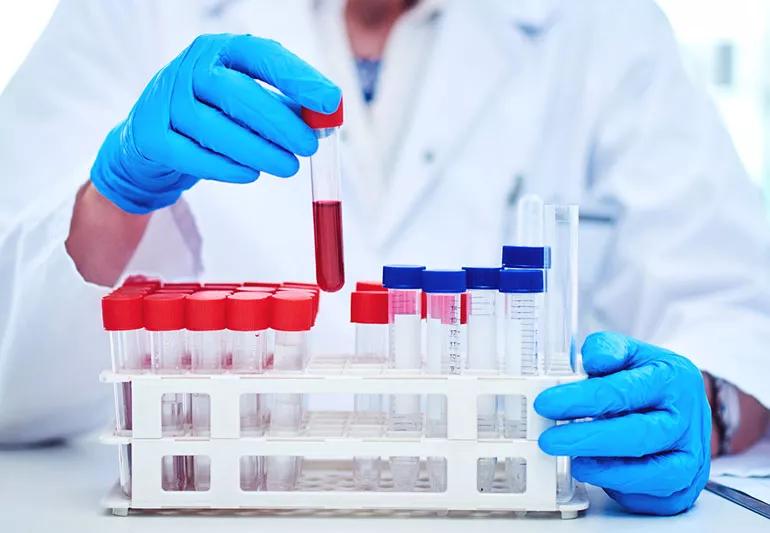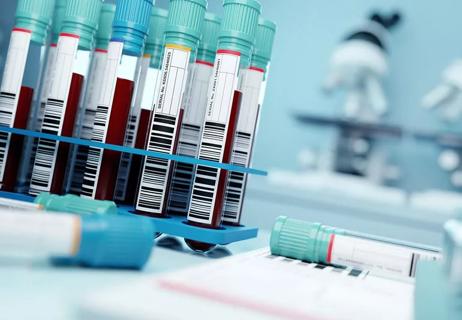Basic metabolic panel can point to diabetes, heart or kidney troubles

Your metabolism affects more than your girth, says family medicine physician Daniel Allan, MD. A basic metabolic panel (BMP) shows how well your body keeps all systems humming.
Advertisement
Cleveland Clinic is a non-profit academic medical center. Advertising on our site helps support our mission. We do not endorse non-Cleveland Clinic products or services. Policy
Here’s what you need to know about your BMP and what it measures:
Glucose is the type of sugar that your body uses for energy.
What’s normal: 70 to 99 mg/dL (after 8 to 12 hours of not eating).
Calcium is needed for many body functions, including building bones, heart function, muscle contraction and nerve signaling.
Electrolytes are minerals that maintain fluid levels and chemical balance in your body.
Blood urea nitrogen (BUN) is a waste product that kidneys filter out of your body.
Advertisement
Creatinine is a waste product that kidneys filter out of your body.
“Metabolism involves any way your body converts or uses energy,” says Dr. Allan. “That includes digestion, breathing, circulation, and functioning of your organs, muscles and nervous system.”
Your doctor can see how well your metabolism is working through your BMP. This blood test is like a scorecard for your kidney function, blood sugar levels and more. It can offer clues to help detect various diseases.
Don’t worry — abnormal results don’t necessarily mean you’re sick. Medication and other factors can affect your scores. Talk to your doctor about your test results. They will explain any areas of concern and help you determine next steps.
Advertisement
Learn more about our editorial process.
Advertisement

The Galleri test can detect more than 50 kinds of cancer

A Q&A to prep for your fasting blood test

They can feel similar, but the differences matter — especially if you’re at higher risk for complications

Understanding how your health information is recorded can help you take charge of your care

Yes, but symptoms can be easy to miss

Wait a few hours, then start with water or ice chips, graduating to clear liquids and then, soft, bland foods

It’s a great disinfectant for around your home, but not for your skin

Lifestyle changes can bring a slight metabolic boost and health benefits

Wearing a scarf, adjusting your outdoor activities and following your asthma treatment plan can help limit breathing problems

Your diet in the weeks, days and hours ahead of your race can power you to the finish line

When someone guilt trips you, they’re using emotionally manipulative behavior to try to get you to act a certain way